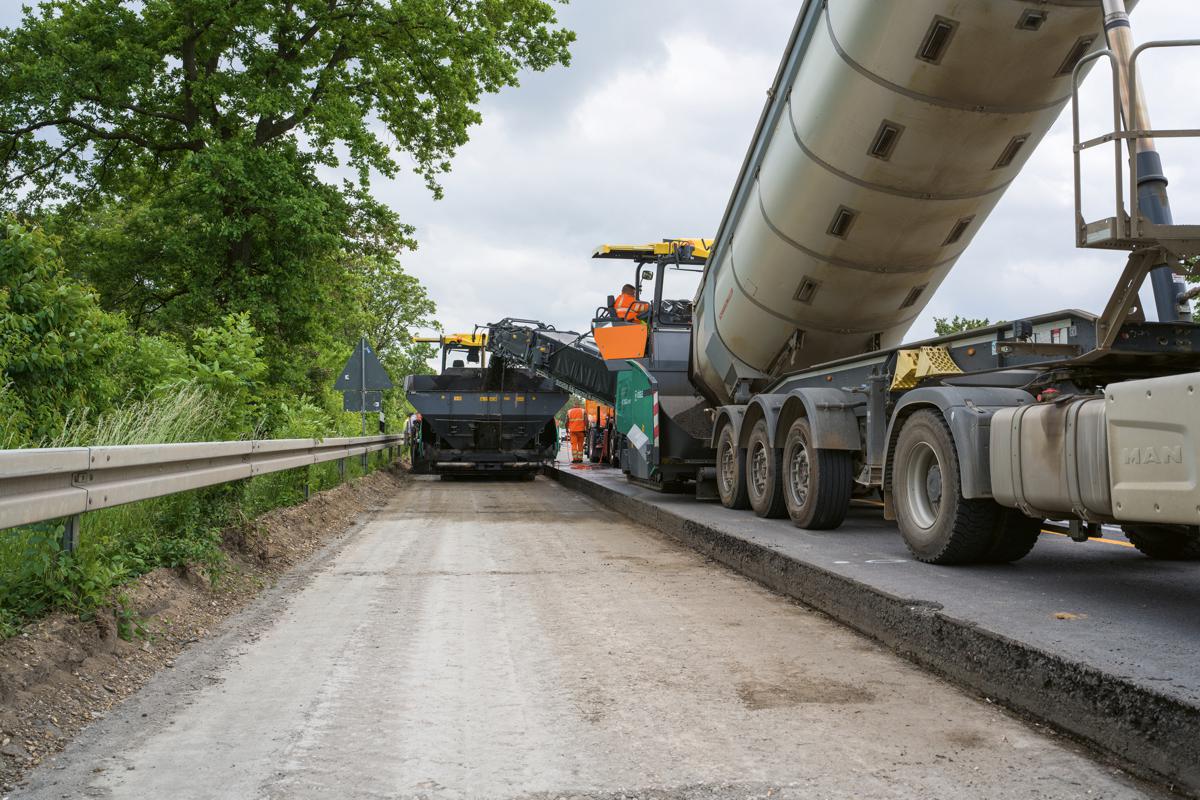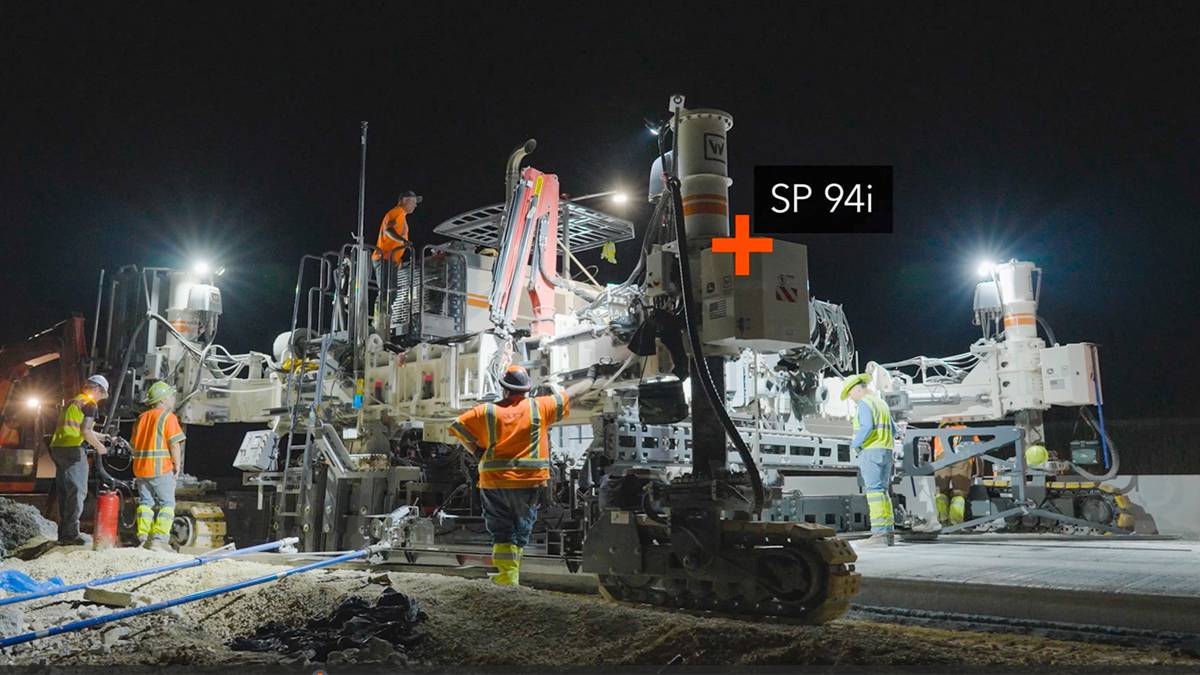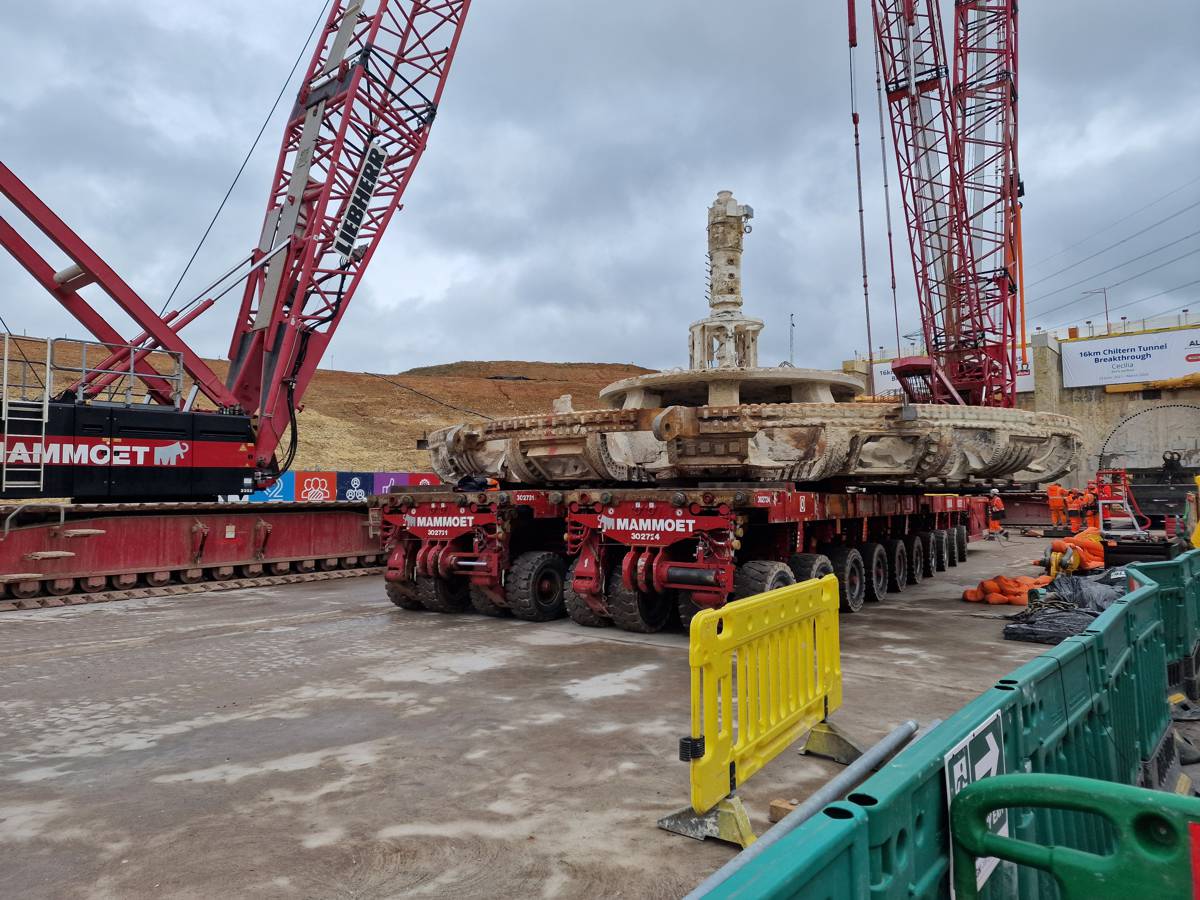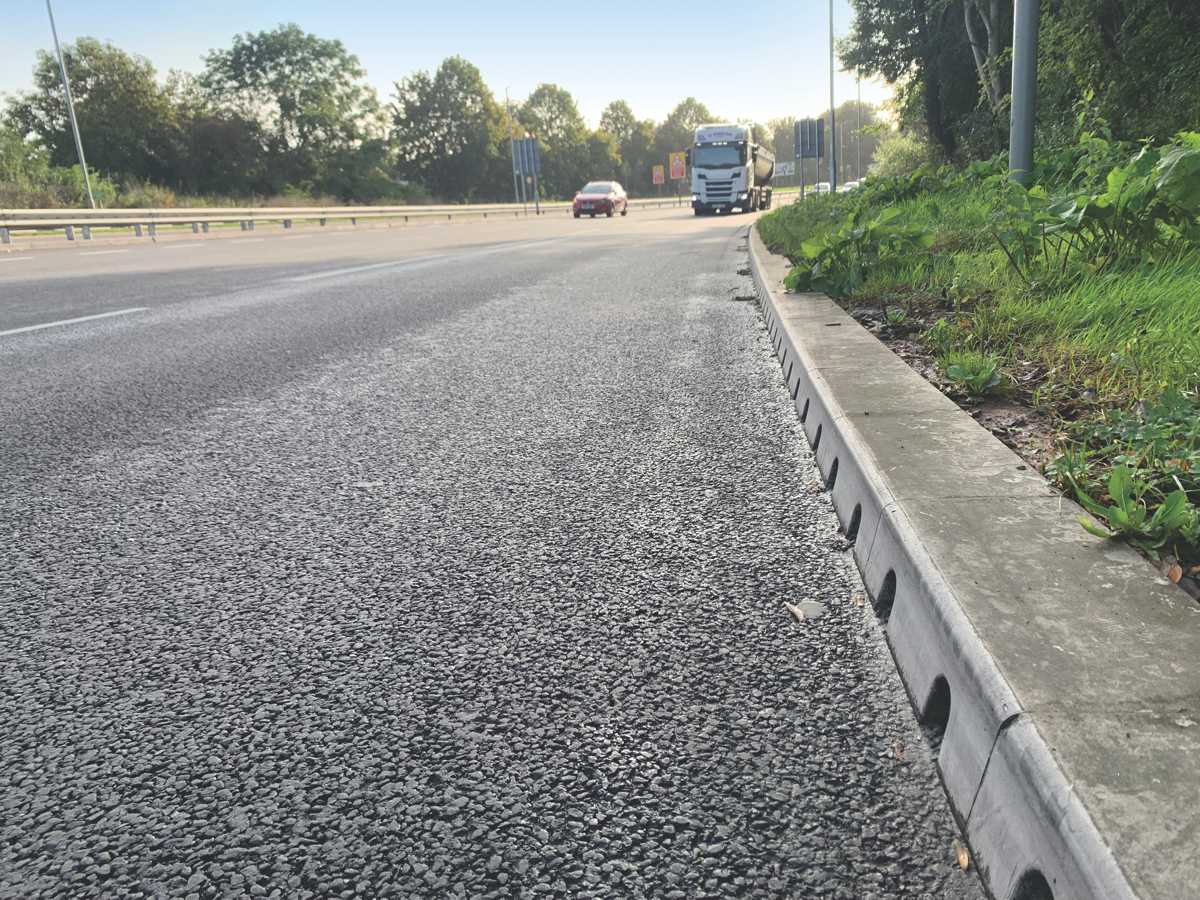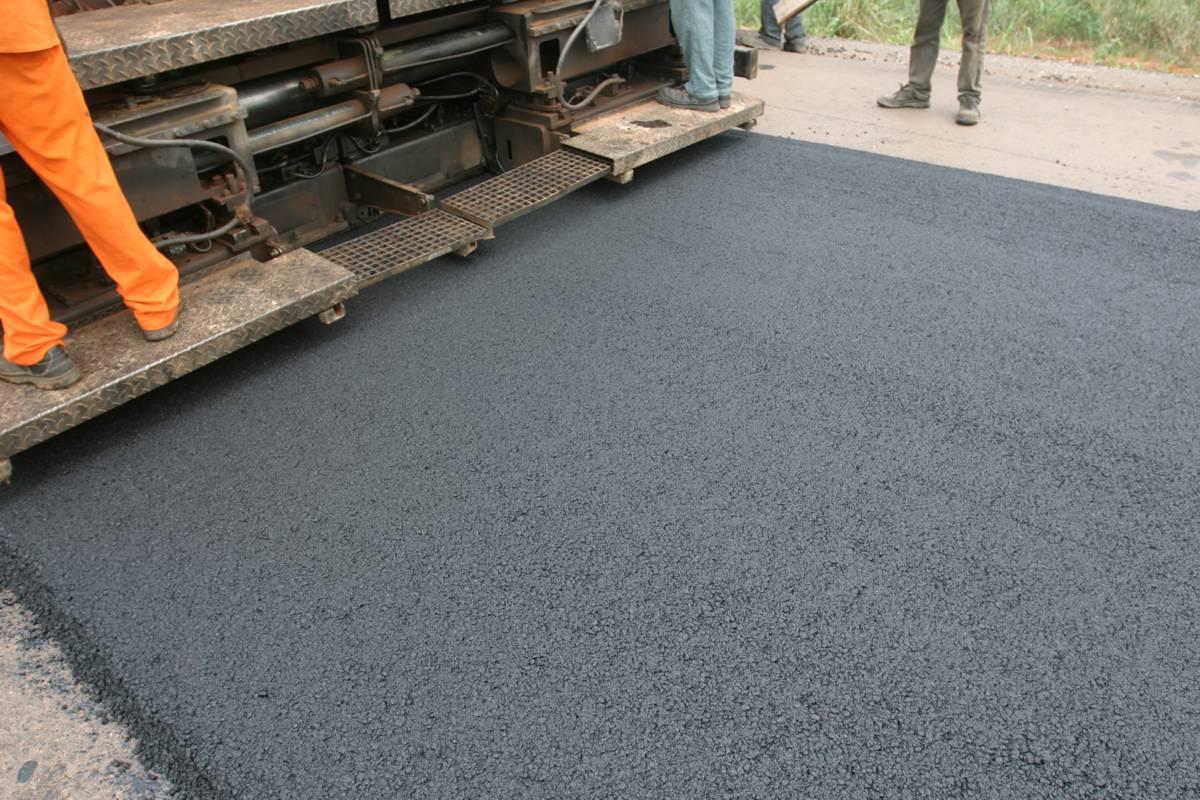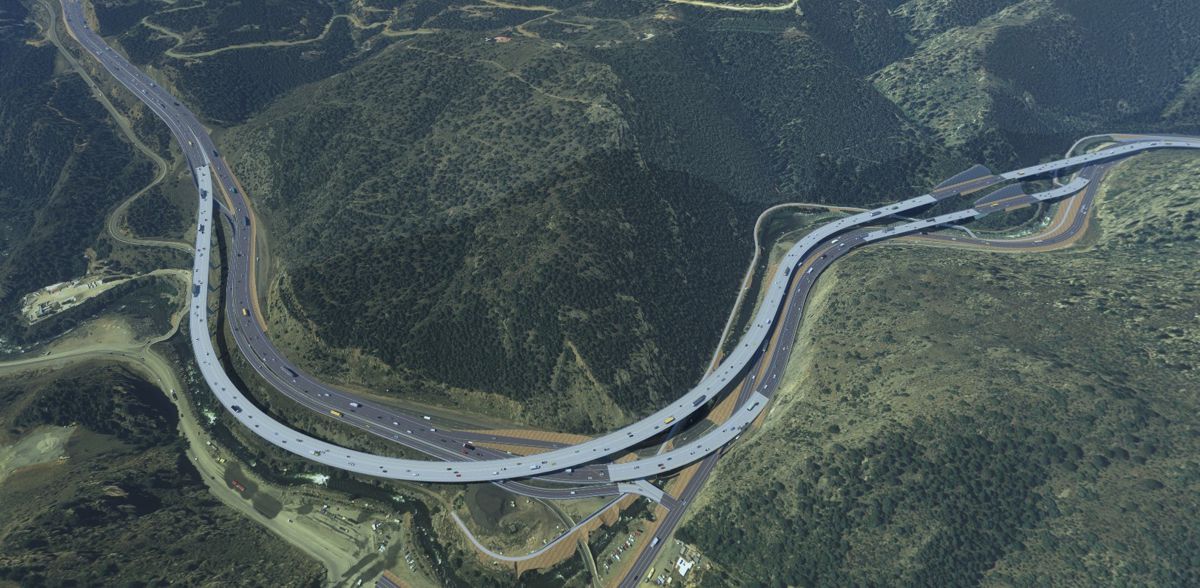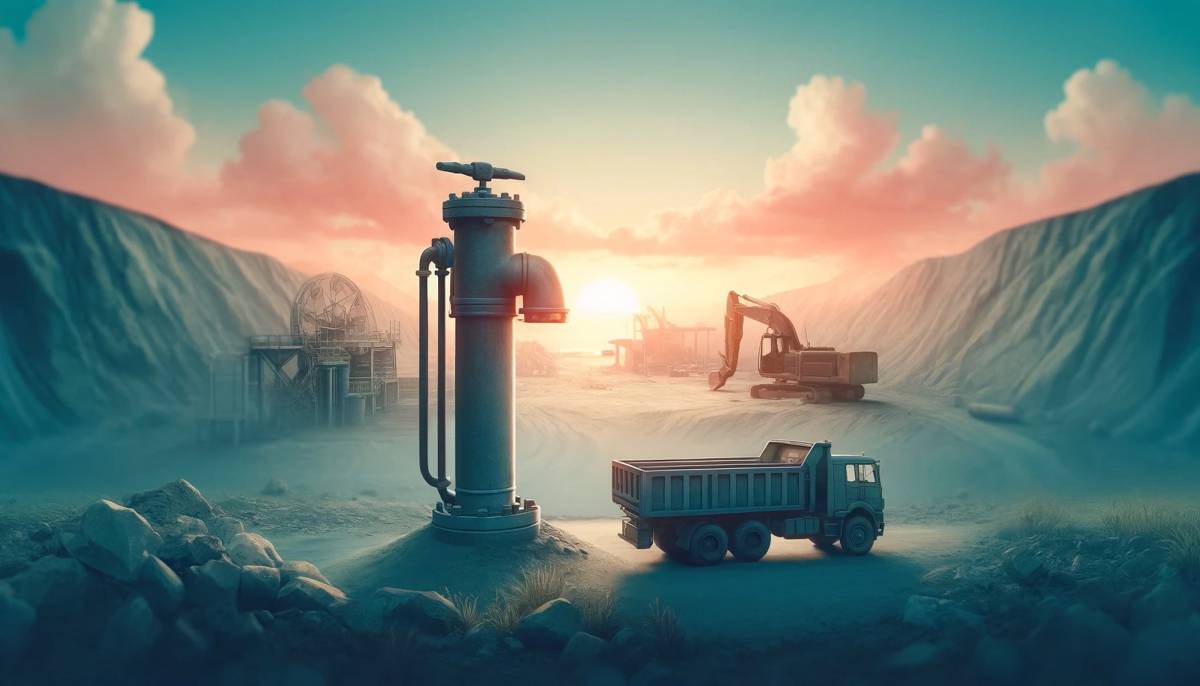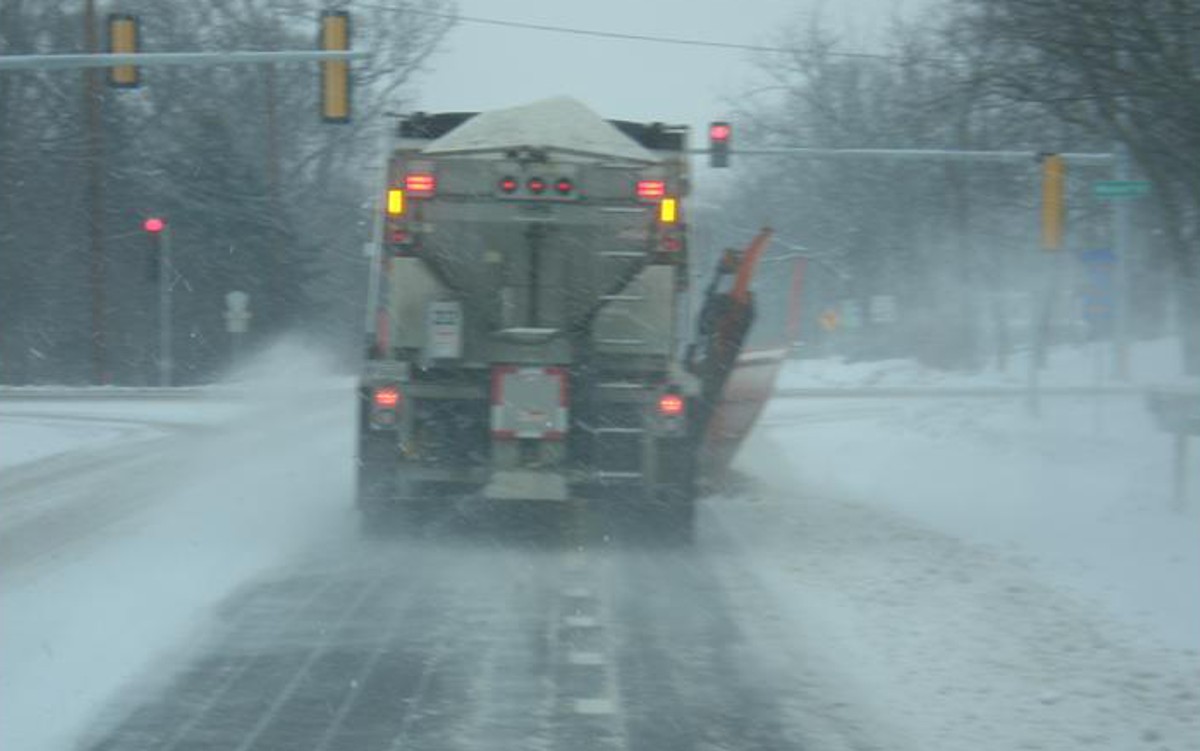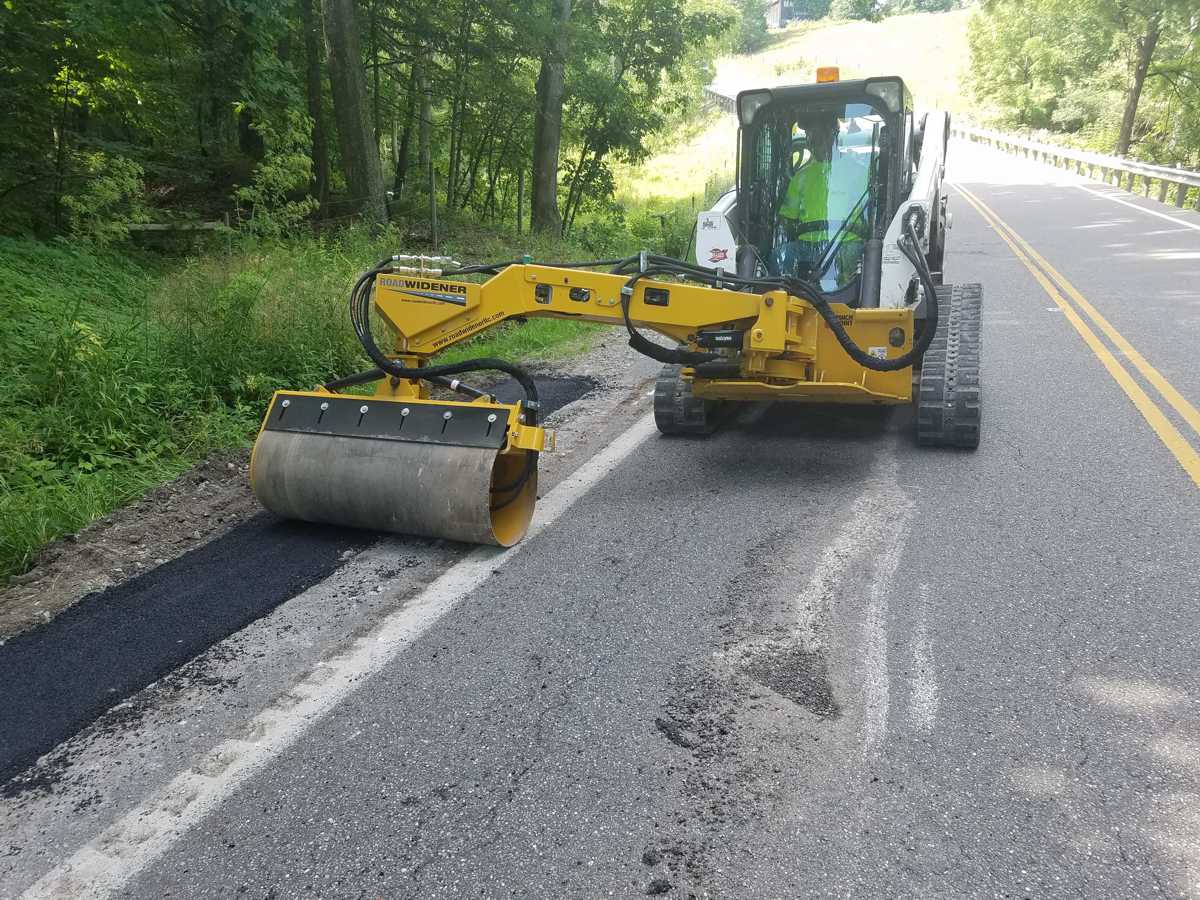Are Boreholes good for the Environment?
Boreholes are an essential part of our life, whether drilled into the earth to explore for or to release oil, gas, water, etc. or even to study the earth’s crust. But before any planning permissions can be granted, let alone the commencement of any actual drilling, an Environmental Impact Assessment (EIA) must be carried out.
The Managing Director at Borehole Solutions, John Rodgman, has explored the importance of these assessments and discusses how environmentally friendly boreholes actually are:
What is an Environmental Impact Assessment?
“Any company, not just those that alter the natural environment, should prioritise caring for the land and ensure they act in an environmentally friendly manner. This is why every geotechnical project should be preceded by an Environmental Impact Assessment (EIA).
“The EIA will determine whether the proposed work may result in any environmental issues. This could potentially mean damage to native flora and forna, or perhaps a resultant issue with groundwater quality. As the range of assessments are incredibly broad, an EIA of some description is likely to be a necessity prior to any form of geotechnical project.”
How do water well boreholes impact the environment?
“There are multiple reason for a borehole to be drilled and used. Many of which are to aid in the protection of the environment. A small window sample or geotechnical site survey, for example, can be a great help in simply discovering information about the land being drilled. Harmful contaminants, such as polychlorinated biphenuls (PCBs) or asbestos, may be found and, following the tests, delt with accordingly.
“When a water well borehole is drilled in order to access groundwater, the worry that drilling into this groundwater could pollute the water source typically arises. Providing that best practices are adhered to when drilling, however, the EIA should ensure that contamination is an impossibility.
“Aside from not actively harming the environment, using water from a borehole can actually reduce the carbon footprint and emissions of a business by up to 90%! Large water users – businesses that use around 80 million litres per year – could see their carbon footprint reduce by a whopping 22,000kg of CO2 every year, in comparison to relying on treated mains water.
“Whilst boreholes certainly have an impact on the environment, unlike many man-made introductions to the world, the impact of a borehole is arguably positive!”



















